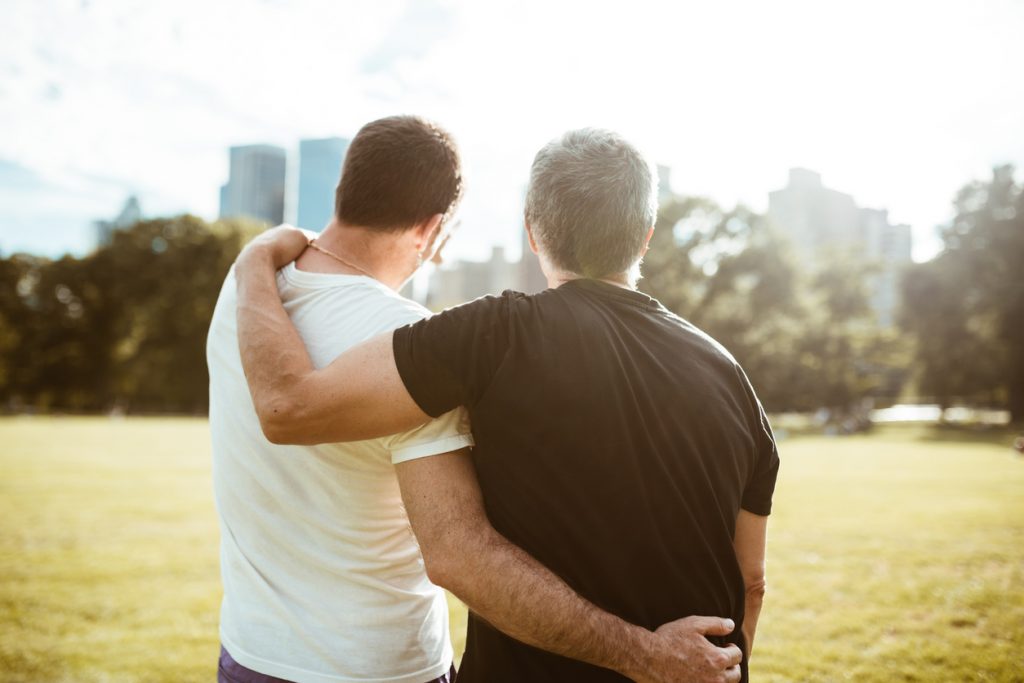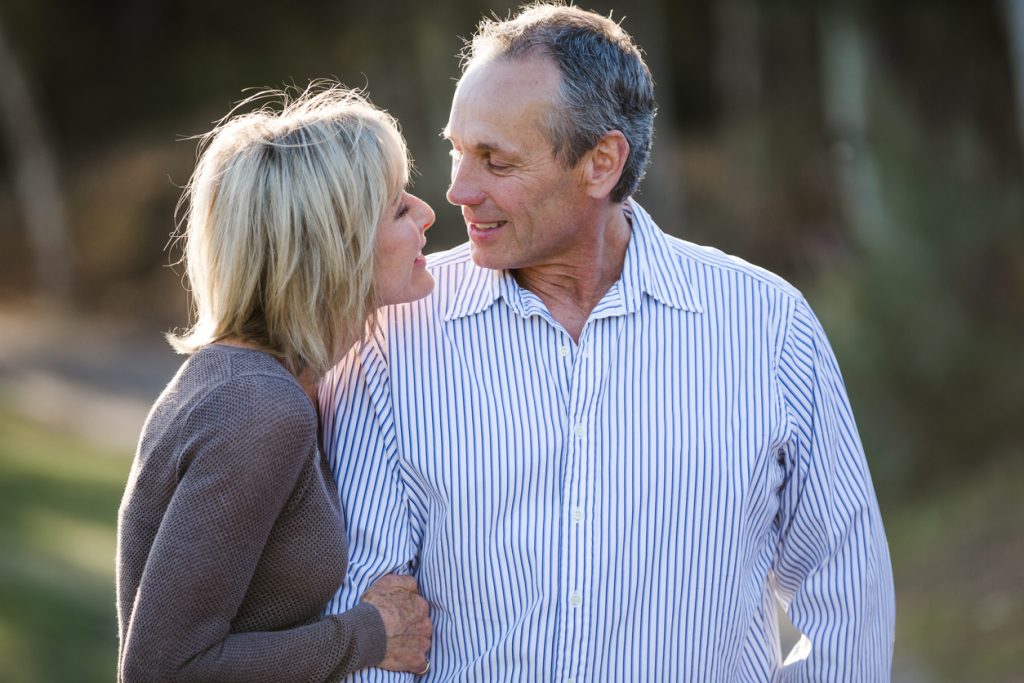Did you know that there are exercises you can do before you start cancer treatment that can help reduce the impact on your sex life afterwards?
The chances are you didn’t – as, in my experience, we don’t talk nearly enough about sex – and we certainly don’t talk anywhere near enough about it for those going through cancer treatment.
My eyes were first opened to how often the subject gets swept under the carpet 20 years ago, having just started as a clinical nurse specialist in a gynecological cancer clinic.
I began chatting to a patient who asked me if the surgery she’d just undergone for a gynecological cancer would affect her sex life. Up until that point, no one had talked to her about this.
I made it my mission to ensure that patients were never left in the dark – or feeling too awkward to ask about the sexual ramifications of their treatment – again.

So, in the clinic, while doctors would talk to patients about the potential impact radiotherapy might have on other bodily functions, I would talk to them about what treatment meant for their sex life.
Patients wanted answers to important questions, such as would they still be able to have sex, would it feel the same, was there another way to enjoy intimacy? But until the subject was raised, they were too embarrassed to ask.
Ten years ago, I decided to undergo formal training as a psychosexual therapist – and it opened my eyes further still to how much work there is to be done on helping people to discuss their sexual wellbeing. That’s why I am so delighted to be part of the NowWhat team, to help normalise discussions around sex for cancer patients.
The clients I meet who are about to start prostate cancer treatment are often more fearful about the impact their treatment may have on their sex life than any other side effect.
Doctors will tell you that some men are so nervous that they will be unable to have an erection after cancer surgery, for example, that they don’t go through with it.
But it doesn’t have to be that way.

For example, evidence is building of the benefits of prehab – that means exercises to help get your genitals in good working order before treatment. This may help your sex life recover more quickly after treatment.
Prehab can include sex itself, as erections are important to penile health because they encourage blood flow and help keep the erectile tissue healthy.
Prehab might also take the form of talking with a patient and their partner about what sex might be like in the future – it might have to change in some way, but if it’s talked about and considered, this can make a huge difference to a man’s emotional wellbeing and that of his partner. And for those who don’t have a partner, we can find ways to explore their sexual wellbeing too.

Further on down the line, men may encounter other issues such as feeling a lack of desire. If they are taking a hormone therapy, this can result in weight gain or hot flushes and can lead to men feeling they have lost their masculinity.
Often these men suffer on in silence, but again there are ways to help.
I’m not saying we can always avoid the side effects that come with some treatments – but what we can do is find ways for you to continue to enjoy your sex life.
So, for visitors to NowWhat, I hope to bring practical advice and the latest research – but most of all I want you to know it’s fine to think about, and to want to know about, how your cancer will affect your sex life.
When I’m at a party and I meet someone new and tell them I’m a sex therapist they almost always have a question – although of course they tend to say they are ‘asking for a friend’. I’d like to break that taboo.




